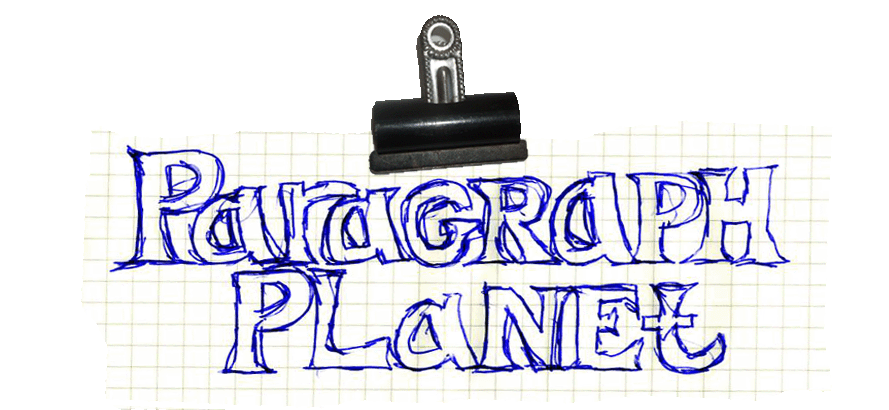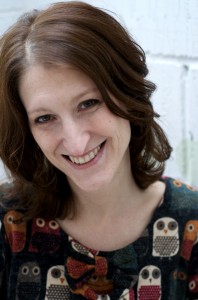









on


JULIE-COHEN
 It's the story of rebellious stunt woman Liza Haven and her perfect identical twin sister Lee. At the beginning of the book, Liza crashes a fantastically expensive Ferrari on a film set, and loses both her job and her confidence. When she goes back to Stoneguard, the small Wiltshire village where she grew up, to see her sister and to lick her wounds, she finds that Lee has disappeared. Because nobody in Stoneguard knows that Lee has gone, they all believe that Liza is Lee—including Lee's rich, handsome and charming boyfriend, Will. The only person who knows Liza's true identity is her mother, Abigail, who has shut herself away in her house as she succumbs to Alzheimer's.
Liza goes along with the charade, mostly to find out what it's like to be the sister whom everybody loves. But she soon discovers that Lee's life isn't as perfect as everyone thinks it is. Faking knowledge of the family ice cream business, negotiating a delicate relationship with her difficult mother, and trying to avoid Will's attentions…pretending to be her sister teaches Liza who she really is, too.
It's available as a paperback and an ebook here
How did your novel change over successive drafts?
It's the story of rebellious stunt woman Liza Haven and her perfect identical twin sister Lee. At the beginning of the book, Liza crashes a fantastically expensive Ferrari on a film set, and loses both her job and her confidence. When she goes back to Stoneguard, the small Wiltshire village where she grew up, to see her sister and to lick her wounds, she finds that Lee has disappeared. Because nobody in Stoneguard knows that Lee has gone, they all believe that Liza is Lee—including Lee's rich, handsome and charming boyfriend, Will. The only person who knows Liza's true identity is her mother, Abigail, who has shut herself away in her house as she succumbs to Alzheimer's.
Liza goes along with the charade, mostly to find out what it's like to be the sister whom everybody loves. But she soon discovers that Lee's life isn't as perfect as everyone thinks it is. Faking knowledge of the family ice cream business, negotiating a delicate relationship with her difficult mother, and trying to avoid Will's attentions…pretending to be her sister teaches Liza who she really is, too.
It's available as a paperback and an ebook here
How did your novel change over successive drafts?
When I was writing the first draft, I had absolutely no idea what had happened to Liza's twin Lee. I was as clueless as Liza. For story purposes I had to have her disappear, and I knew roughly the sort of arc her actions after her disappearance should take her through, but I'm not horribly good at concentrating on more than one thing at a time. So I wrote most of the first draft without addressing Lee's story at all. It was only in the second draft that I wrote Lee's part of the story—entirely separately—and then I interspersed it through the book and then threaded it together with Liza's story so that the two were intertwined. I also cut an entire chapter, a flashback to the twins' childhood. It was one of those things that was important and fun for me to write, but the story just didn't require it. I liked it too much to throw away, though, so it's up on my website and on Smashwords as a free stand-alone short story. What authors have influenced your writing?
So many. It's funny, but on my visits home lately I've reread some of the books that were my favourites as a kid and teen and I can see a definite influence in the sort of themes and characters that draw me. I love Cyrano de Bergerac by Edmond Rostand for its delicious and tragic use of dramatic irony. I love A Tale of Two Cities by Charles Dickens for the ideas of identity and duality. I love Austen for her spine-shivering sense of structure. As a writer from Maine, I love the way that Stephen King grabs you by the neck and never, ever lets you stop reading. And as a writer of women's fiction, I love Marian Keyes for her funny honesty. My next novel, THE SUMMER OF LIVING DANGEROUSLY, was almost entirely influenced by Georgette Heyer and I'm interested and a little bit fearful to find to find out what Heyer fans think of it. What's you favourite stage of the writing process?
I hate starting a novel because I always get it wrong. I hate finishing a novel because by that time, I'm so involved in the world that it physically hurts to stop writing about it. So I suppose I like the middle bit best. The middle bit is when you can have fun making stuff up, when you're completely immersed in what you're doing, and yet there's an element of discovery about it. It's a juggling act and it's often exhilarating. I also like the first revision, when I take this really messy first draft and make into something that makes sense. This is when I get to use all my coloured pens and Post-It notes and scribble all over a manuscript. It makes me feel hugely geeky and it's hard work, but great fun. How important do you think an online presence is to a writer?
Well, for me, it's a sanity-saver. I spend so much time alone in my house, that if I didn't have some way of chatting with others, I'd be lonely. Pre-Twitter and Facebook, I used to spend lots of time on online writing message boards. These days I spend way too much time on Twitter. But although it does suck time, I've met so many wonderful people online who have become important to me—including my best friends and critique partners. I know that when I read a book that I love, I do look for the author's website and to see if she tweets. I like the little personal connection it makes me feel with the author, having read her book. So I think in that way, it's important too—though I can understand why an author might want to keep her life private and uncomplicated by social media. Any plans for your next novel?
I've just planned out my next novel, and I'm about to start writing the first pages of it tomorrow, so I don't want to jinx it by talking too much about it! But my next novel to be published will be THE SUMMER OF LIVING DANGEROUSLY, out in paperback in March 2012 (it's already out in hardback). It's a contemporary novel about a woman who takes a job as a costumed interpreter in a stately home where they're re-creating the summer of 1814. She thinks she's stepping into a Regency romance…but maybe the real life she's running away from is more romantic. Here's a link. Have you any tips for budding writers?
Mostly: just write. Don't let your inner editor stop you from getting words on the page. Get it down, however rough, and then fix it later. So many people think they want to write a book, but it takes a special kind of person to write a book right through to the end. Celebrate every success, no matter how small, and enjoy every bit of happiness your writing gives you; this business isn't easy, and you need the good stuff to help you shoo away those nasty crows of doubt. GETTING AWAY WITH IT - available in paperback
THE SUMMER OF LIVING DANGEROUSLY out now in hardback from Headline Review
'Wonderfully woven, a powerful and cinematic story' The Bookbag Click here for Julie's website. Follow Julie on Twitter (@julie_cohen) here
